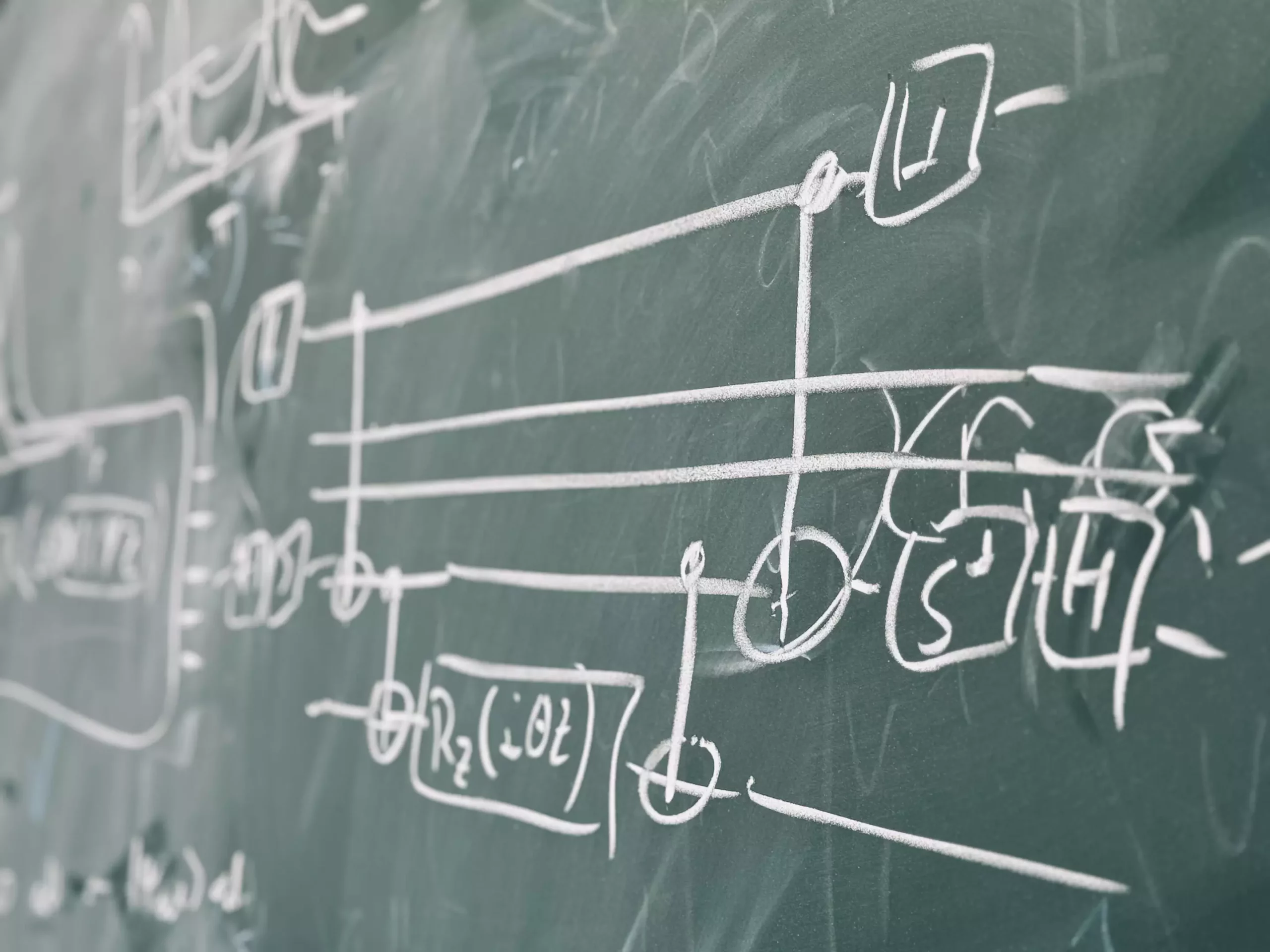Quantum computers have been heralded as the future of computing, with the potential to outperform conventional computers in various tasks such as machine learning and optimization. However, one of the major challenges hindering the large-scale deployment of quantum computers is noise. Noise in quantum computers leads to errors, which can severely impact the accuracy of computations. To address this issue, quantum error correction techniques have been developed to detect and correct errors on the fly. Despite significant advancements in this area, quantum error correction remains experimentally challenging and resource-intensive.
An alternative approach to quantum error correction is quantum error mitigation. Unlike error correction, error mitigation does not correct errors as they occur. Instead, the computation, with errors, is allowed to run to completion, and the correct result is inferred at the end. While error mitigation was seen as a temporary solution until full error correction could be implemented, recent research has shown significant limitations to this approach. Studies by researchers at institutions like the Massachusetts Institute of Technology and Freie Universität Berlin have revealed that quantum error mitigation becomes highly inefficient as quantum computers scale up.
One example of an error mitigation scheme that was found to have limitations is zero-error extrapolation. This scheme involves increasing the noise in the system to combat noise, which intuitively shows that it is not scalable. Quantum circuits consist of layers of quantum gates that can introduce errors, and as the circuits become deeper, the likelihood of errors accumulating increases exponentially. This poses a significant challenge as deeper circuits are required for more complex computations but are also noisier and more error-prone.
The recent study by researchers Yihui Quek, Jens Eisert, and their colleagues highlights the scalability issues of quantum error mitigation. As quantum circuits grow in size and complexity, the resources and effort required to run error mitigation also increase significantly. This finding challenges the initial optimism surrounding error mitigation and calls for a reevaluation of approaches to mitigate quantum errors.
The research by Quek, Eisert, and their team provides valuable insights for quantum physicists and engineers, urging them to explore alternative and more effective strategies for error mitigation. By identifying the limitations of current error mitigation schemes, the study opens the door for further research into theoretical aspects of quantum circuits and noise. The findings also prompt researchers to consider the role of long-range gates in quantum computation and the potential trade-offs between advancing computation and spreading noise.
The inefficiency of quantum error mitigation poses a significant challenge in the development and deployment of quantum computers. While error correction techniques remain complex and resource-intensive, the limitations of error mitigation call for innovative solutions and a reevaluation of current approaches. The future of quantum computing rests on overcoming these challenges and developing robust and scalable methods for error mitigation in quantum systems.


Leave a Reply